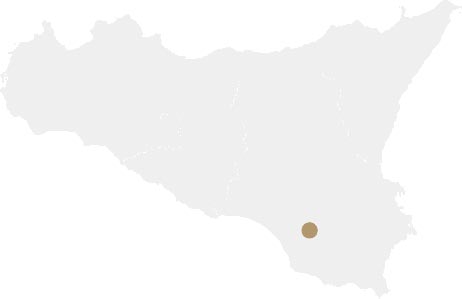our home and main vineyard
Tenuta Leopardi in the Cerasuolo di Vittoria DOCG region
Our very own 10 hectares are part of the 169 hectares of DOCG Cerasuolo di Vittoria territory, Sicily’s only DOCG region. Cerasuolo is a dry, red Italian wine made of endemic Nero d’Avola and Frappato grapes. Cerasuolo means “cherry red” and refers to the colour of the resulting blend of these grapes. The wine combines the fragrant, floral characters of Frappato with the full body and tannins from Nero d’Avola. Located in the southwest of the “island of the Sun”, the terroir is also an excellent home to international grape varietals Syrah, Cabernet Sauvingon and Cabernet Franc, as well as Petit Verdot. A small batch of endemic white Grillo grapes compliments our varietals. Our quest for continuous improvement led to a collaboration with the University of Catania. Tenuta Leopardi is now an official research vineyard of the university, applying state-of-the art research findings on spot.

